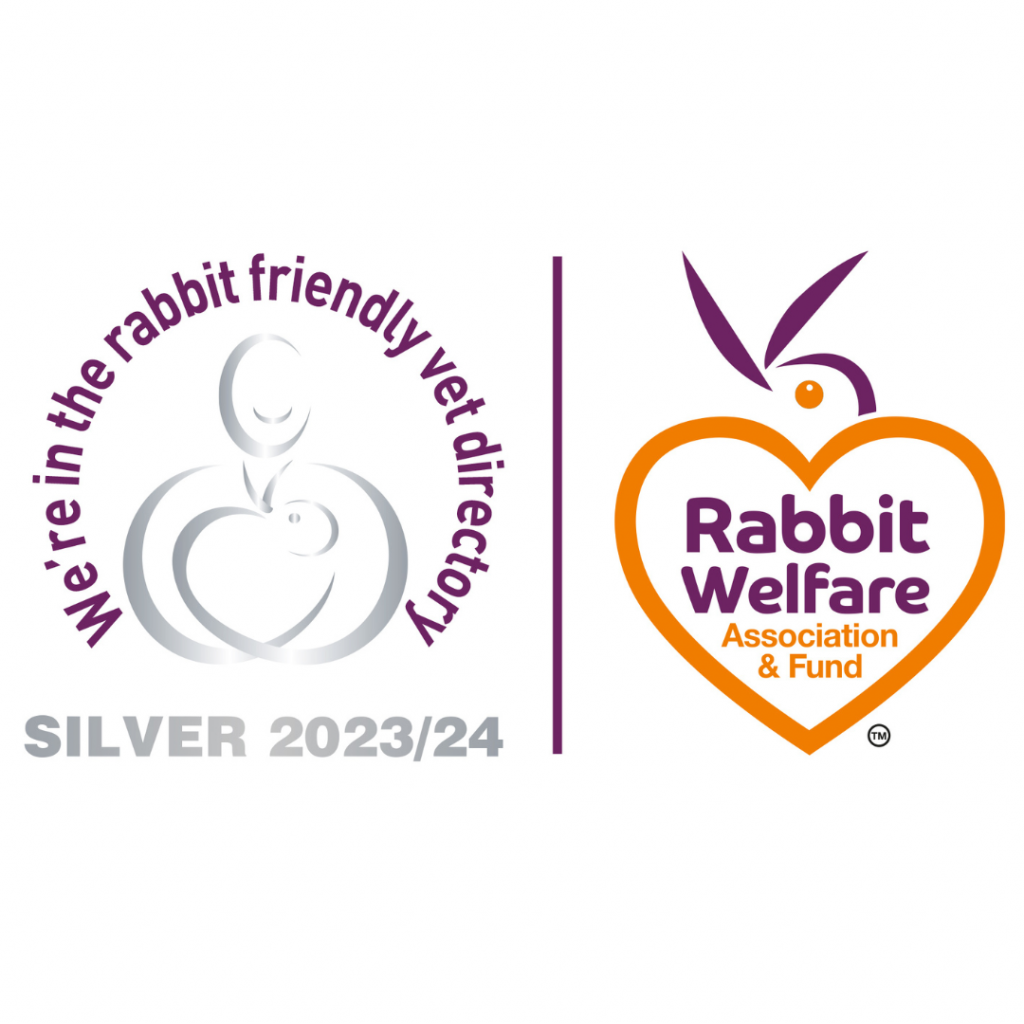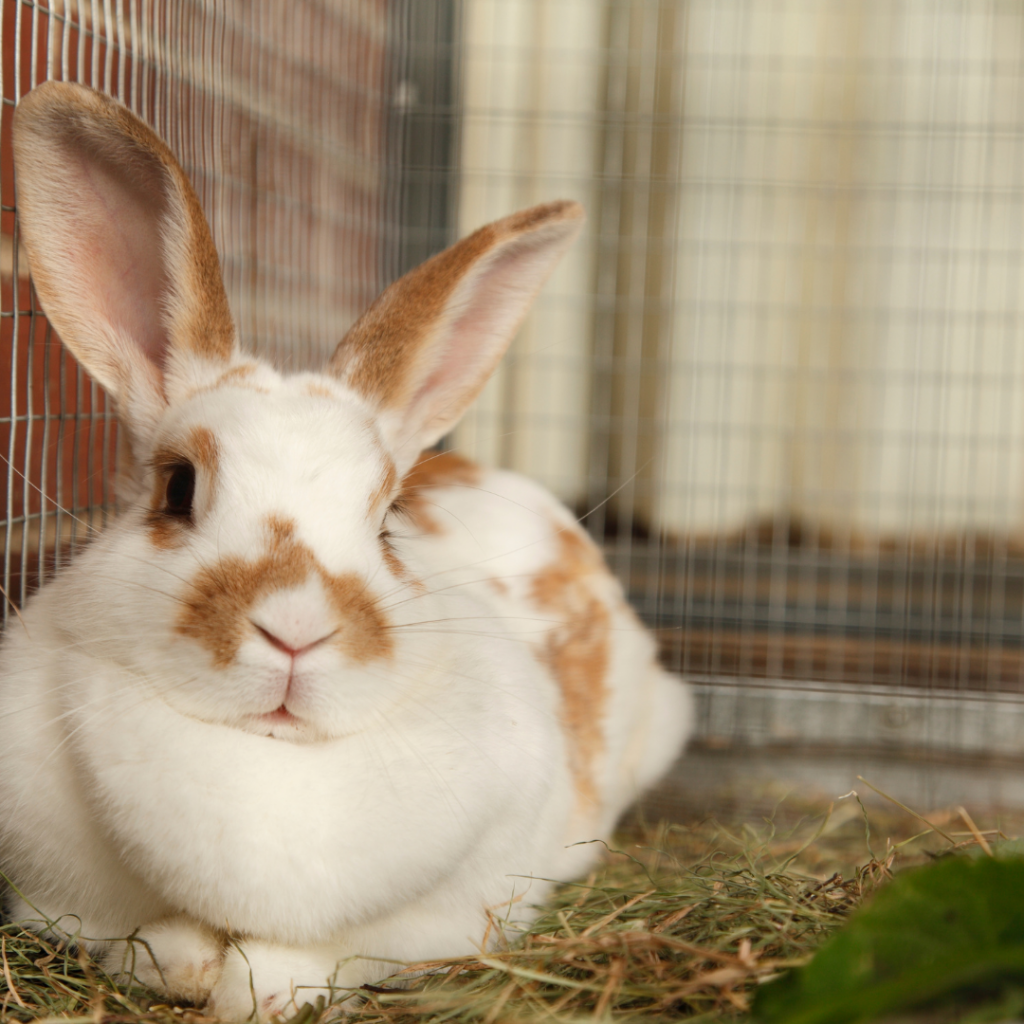Rabbit Friendly Practice
Rabbit Friendly Practice

We are a silver standard rabbit friendly practice. This is a qualification achieved through membership to the RWAF (Rabbit welfare Association and Fund) and by adhering to their strict guidelines which means we cater for rabbits specific needs and our staff are experienced in rabbit medicine and routine surgery.
Here at Teme Vets we recognise that rabbits often require very different treatment and husbandry compared to cats and dogs and as a prey species should be kept seperate from them whenever possible. By being a rabbit friendly practice we aim to make your pet rabbits’ visits to us as calm and safe as possible.
We try to seperate rabbits from predator species as much as possible to reduce stress
We provide hospitalised rabbits with foraging material and hiding areas and encourage them to be housed with companions
We use tailored anaesthetic and pain relief protocols specific to rabbits
We routinely neuter, vaccinate and perform dental work on rabbits
We have specific vets and nurses who are listed via the RWAF online on ‘the Rabbit Friendly Vet List’ as having a particular interest in rabbit medicine and who do regular training related to rabbit medicine on a yearly basis so we have up to date knowledge on treating our rabbit patients.


Husbandry
We advise that your rabbit enclosure, whether indoors or outdoors, needs to provide adequate space for your rabbits to display natural behaviours and get sufficient exercise. Their living space needs to provide safety and shelter from predators and adverse weather conditions as well as enrichment for activities. For welfare reasons we would always recommend keeping rabbits in bonded pairs or groups as they are social animals. It helps to keep them healthy as it reduces stress and they enjoy grooming each other.
Feeding
We recommend feeding a diet which mimics that of wild rabbits as much as possible. The majority of the daily diet should consist of grass or good quality hay (85%) with a small amount of grass pellets (5%) and fresh greens and herbs (10%). For an average rabbit weighing about 2.5kg this would mean feeding no more than 2 egg cups of pellets daily. Access to good quality hay supports natural dental attrition and can help prevent tooth related problems. It also provides the fibre that is needed for gut health. Avoid feeding treats and muesli-type commercial foods as these can lead to selective feeding and obesity.


Vaccination
It is important to protect your rabbits against 2 potentially fatal infectious diseases, Myxomatosis and Viral Haemorrhagic Disease (VHD), for which vaccines are available. We have a combined Myxomatosis + VHD vaccine which covers 2 strains of VHD and can be given from 5 weeks of age, this should be repeated once per year.
A new strain of VHD has recenty been discovered in Europe and we are currently waiting for a new vaccine to become available to treat this. Once it is available we will be advising clients to have this additional vaccine at least 2 weeks apart from the original Myxo and VHD one and it will also need to be given on a yearly basis. https://rabbitwelfare.co.uk/vaccines/
Flystrike
Rabbits are at risk of contracting flystrike, whereby flies are attracted to the rabbit and lay eggs in the fur which then develop into maggots that eat into the flesh. The risk of flystrike is high during warm weather periods especially in rabbits with open wounds or soiled bottoms. It can be prevented by checking your rabbit’s bottom twice daily, maintaining a clean environment and applying topical treatment such as Rearguard during the summer months. Attaching fly screens or netting to the enclosures can also help prevent flystrike.

